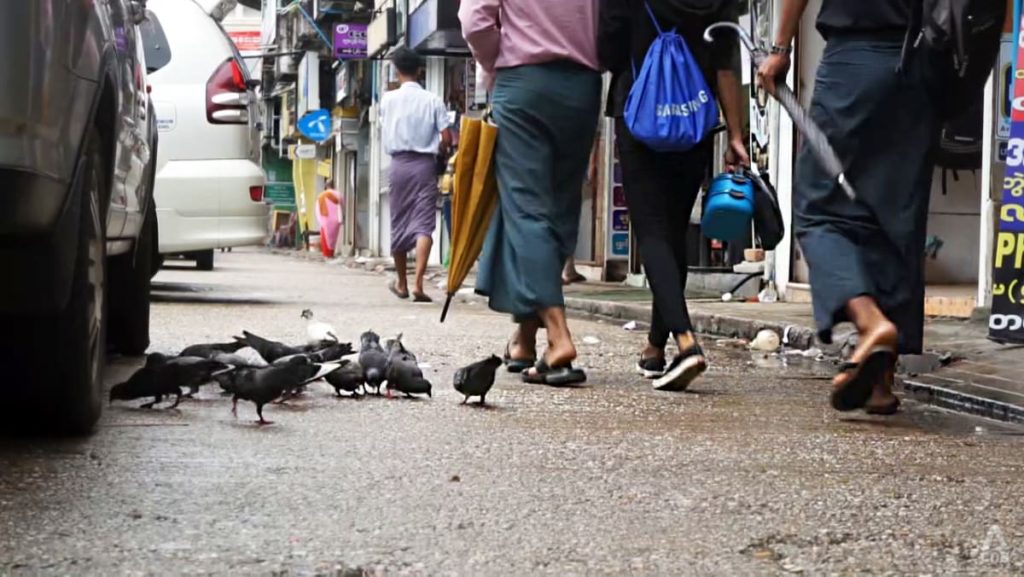Malaysia is home to a significant number of documented and undocumented migrant workers, with estimates suggesting that they make up around 15 percent of the country’s workforce. Many refugees also take on low-paying, dirty, dangerous, and demeaning jobs in Malaysia to support themselves and their families, as they are not allowed to work legally in the country. These refugees are often exploited by their employers due to the lack of a formal framework for dealing with refugees in Malaysia. Human rights groups have long advocated for the government to allow refugees to work legally, be trained, and integrated into society, rather than treating them as outcasts.
ASEAN Parliamentarians for Human Rights chairman Charles Santiago has been vocal about the need for Malaysia and other countries in the region to address the issue of refugee rights and support. He believes that refugees should be allowed to work legally and be given the necessary skills and training to contribute to the local workforce. By doing so, Malaysia could reduce its dependence on foreign labor from countries like Nepal and Bangladesh, while also improving the situation for refugees who currently struggle to make ends meet on low wages. Santiago emphasized that refugees are not taking jobs away from locals, but rather doing work that many Malaysians are not willing to do.
Santiago also highlighted the urgent need for ASEAN to establish a humanitarian fund to support Myanmar refugees who have been displaced and are scattered across Southeast Asia. He pointed out that many refugees have moved to urban areas like Bangkok and Kuala Lumpur, where they face challenges in finding decent work and living conditions. ASEAN, as a regional body, needs to take ownership of the refugee issue and work towards providing comprehensive support and solutions for their welfare and integration into society. This includes addressing the legal barriers that prevent refugees from accessing employment and decent wages in the countries where they reside.
The lack of a formal framework for dealing with refugees in Malaysia has led to widespread exploitation and abuse of their rights by unscrupulous employers. Many refugees are forced to work in unsafe and unhealthy conditions, receiving low wages that are below the legal minimum pay in the country. By allowing refugees to work legally and equipping them with the necessary skills and support, Malaysia and other countries in the region can benefit from their contributions to the workforce and economy. Reframing the narrative around refugees as valuable members of society who are willing to do essential work that others are not willing to do would help promote a more inclusive and supportive approach towards refugee rights and welfare.
In conclusion, the issue of refugee rights and protection in Malaysia and ASEAN is a complex one that requires a concerted effort from governments, human rights groups, and civil society to address. By allowing refugees to work legally, providing them with the necessary support and training, and integrating them into society, Malaysia and other countries in the region can benefit from their contributions while also upholding their rights and dignity. It is essential for ASEAN to take ownership of the refugee issue in the region and establish mechanisms to support and protect refugees who have been forced to flee their homes in search of safety and security.













